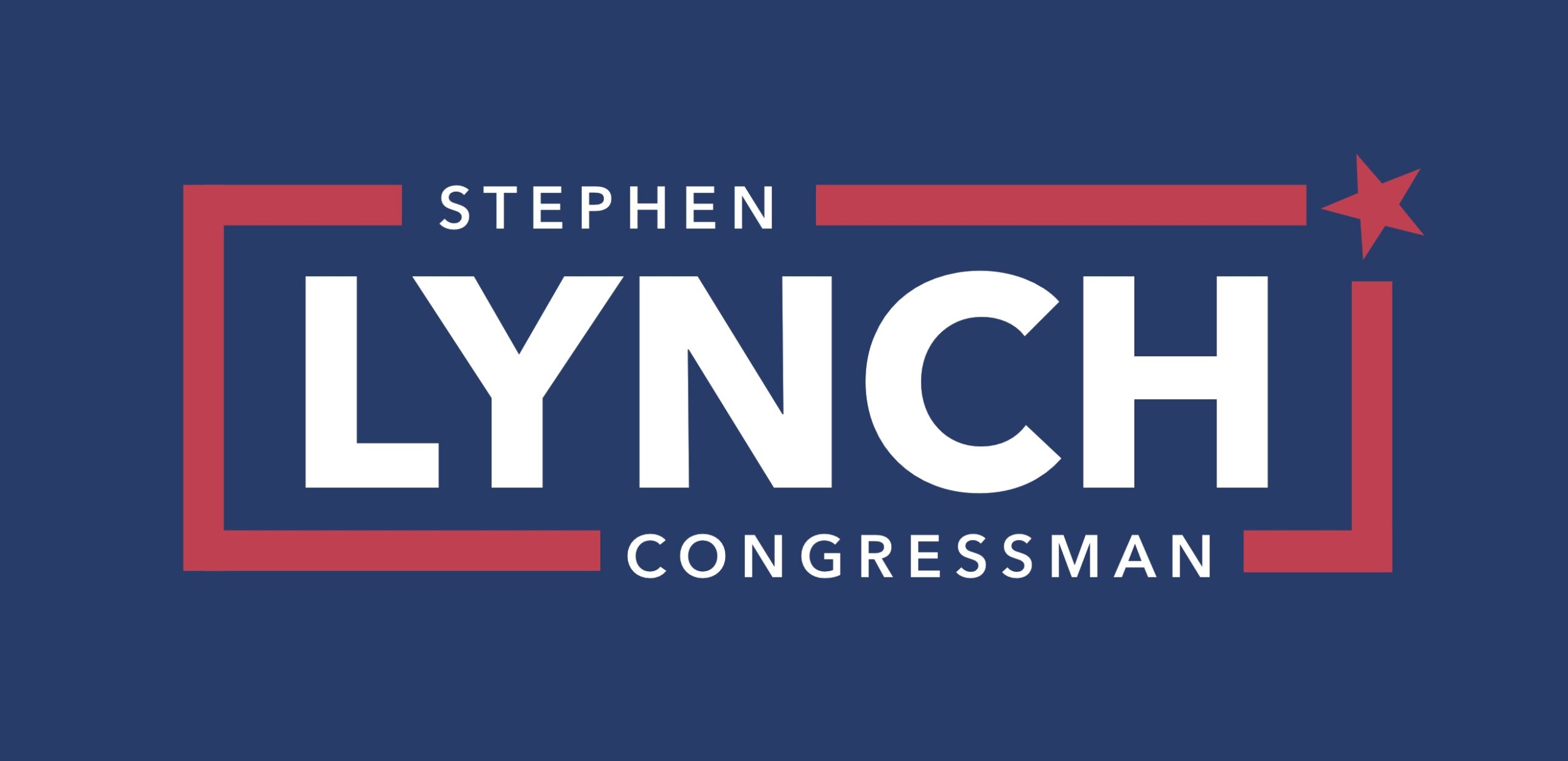WGBH
By Arun Rath and Matt Baskin
Local transit activists continue to pressure the MBTA to reverse service cuts put in place last week. The pushback comes even after the T’s general manager, Steve Poftak, indicated in a letter to Rep. Stephen Lynch, D-Mass., made public on Friday that the transit agency would look to restore service sooner than expected. “We at the MBTA commit to increasing service levels as quickly as possible,” Poftak wrote.
Lynch and other members of the state’s congressional delegation have joined with transit activists in slamming the service cuts, which the agency put into effect despite $800 million in new funding set aside for the MBTA in the coronavirus relief bill signed by President Joe Biden earlier this month. Poftak and other T leaders have contended that the money should go towards the T’s capital budget to ensure the system’s longterm solvency and success.
Mela Miles is director of the T Riders Union, part of the group Alternatives for Community and Environment. She’s been an outspoken critic of the service cuts, which have taken effect as the state tries to ramp up its vaccination rollout, including in communities of color that have been hit disproportionately hard by the pandemic and have been historically underserved by mass transit. In an interview with GBH All Things Considered host Arun Rath, Miles said the timing of the service cuts couldn’t be worse.
“The immedate, emergent needs right now are not to cause crowding and not to pack people onto busses when they’re running at a less frequent schedule,” Miles said.
Miles argued that the service cuts are taking away transit options from those in high-risk communities who are trying to get treated for and vaccinated against COVID-19. She specifically cited the MBTA’s suspension of the 18 bus route, which had run between the Andew Square and Ashmont stations and served thousands of Dorchester residents.
“How can the MBTA shut down that bus line with COVID-19 funding that was given to them from the federal government?” she said. “That’s the irony. It was for COVID-19 relief, and they are causing more problems for people who are at a higher risk of COVID-19.”
While it’s unclear whether the MBTA will follow through on the goals stated in Poftak’s letter to Lynch, Miles said she’s at least somewhat optimistic. “We have been screaming really loud, and we’re hoping that those loud noises coming from the folks that [they’re] coming from, including us, the riders, will get something done and make a real change,” she said.
Miles said she’s woried that if the cuts aren’t reversed, the consequences of fewer transit options and potential overcrowding could be dire.
“People could die.”

Recent Comments